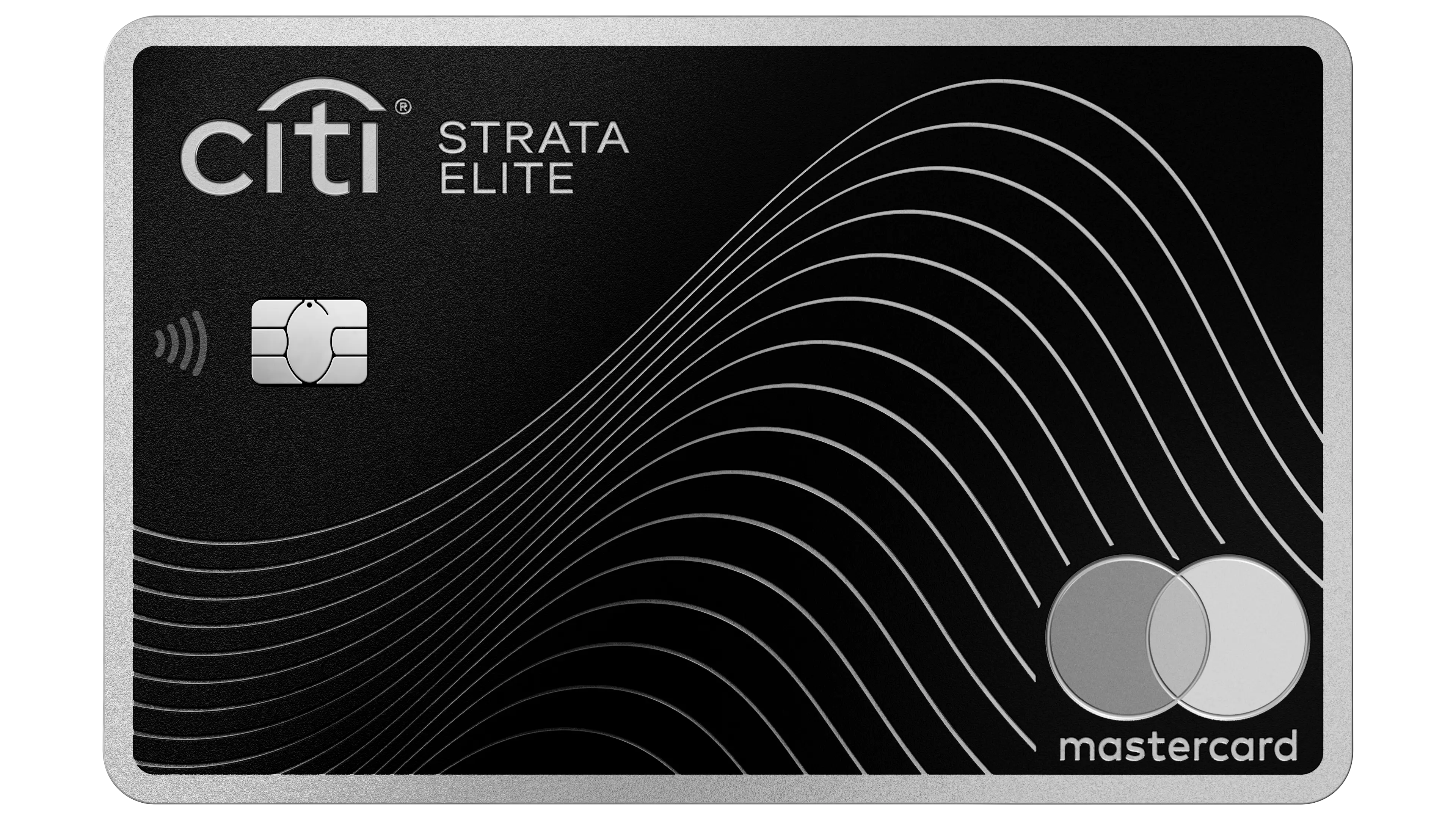Navigating the world of credit cards can be a bit tricky, especially when it comes to upgrading, downgrading, or canceling your cards. Whether you’re chasing better rewards, trying to cut costs, or simply reassessing your options, understanding the ins and outs of these processes can help you make informed decisions. Here’s a breakdown of what you need to know about managing your credit cards effectively.
Chase Sapphire Preferred: What You Need to Know
The Chase Sapphire Preferred® Card typically features an offer that could make your travel plans even more rewarding. Right now the current offer is: Earn 75,000 bonus points after you spend $5,000 on purchases in the first 3 months from account opening.. This is a solid opportunity for those looking to maximize travel rewards. The points can be redeemed for great trips through Chase TravelSM or transferred to various travel partners for added value. If you're considering a new travel card, now’s a good time to apply.
Upgrading Credit Cards: Access Better Perks
Thinking about upgrading your card? It’s a smart move to access better benefits tailored to your spending and travel habits. Sticking within the same card family, like moving from the Sapphire Preferred to the Chase Sapphire Reserve®, can boost your rewards with a higher points-earning rate on travel and dining, airport lounge access, and travel protections.
Timing matters! Keep an eye out for special promotions. Upgrading during a limited-time offer could land you additional bonuses. The process is usually simple, with no new application or hard credit inquiry required, helping you maintain your credit history. Just make sure the new card's perks match your spending habits.
Downgrading Credit Cards: Maintain Your Benefits
Downgrading your credit card can help you retain benefits while lowering your fees. If you find that your current card's perks no longer fit your lifestyle, consider switching to a low or no-annual-fee version within the same card family. For example, moving from the Sapphire Reserve to the Sapphire Preferred can save you on fees while still giving you some valuable rewards.
Keep in mind that downgrading won’t affect your credit score negatively, as you’re simply changing the card type rather than closing the account. Just ensure you’re aware of any potential loss of benefits, like travel insurance or rewards rates, when making the switch.
Cancelling Credit Cards: Know the Impact
Thinking about canceling a credit card? Before you do, consider the impact on your credit score. Closing an account can lower your credit utilization ratio and affect the average age of your credit accounts. If you’re determined to cancel, try to redeem any remaining rewards first to avoid losing them.
Another option is to simply keep the card open, especially if it has no annual fee. This way, you can maintain your credit history and utilization ratio without incurring extra costs. If you’re leaning toward cancellation, be sure to weigh all your options first.
To Wrap Things Up
Making changes to your credit card strategy can lead to more rewarding travel experiences and better financial management. Whether you decide to upgrade, downgrade, or cancel, being informed and strategic will help you make the most of your credit cards. Remember, it’s all about aligning your cards with your travel goals and financial needs!









